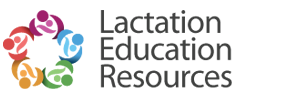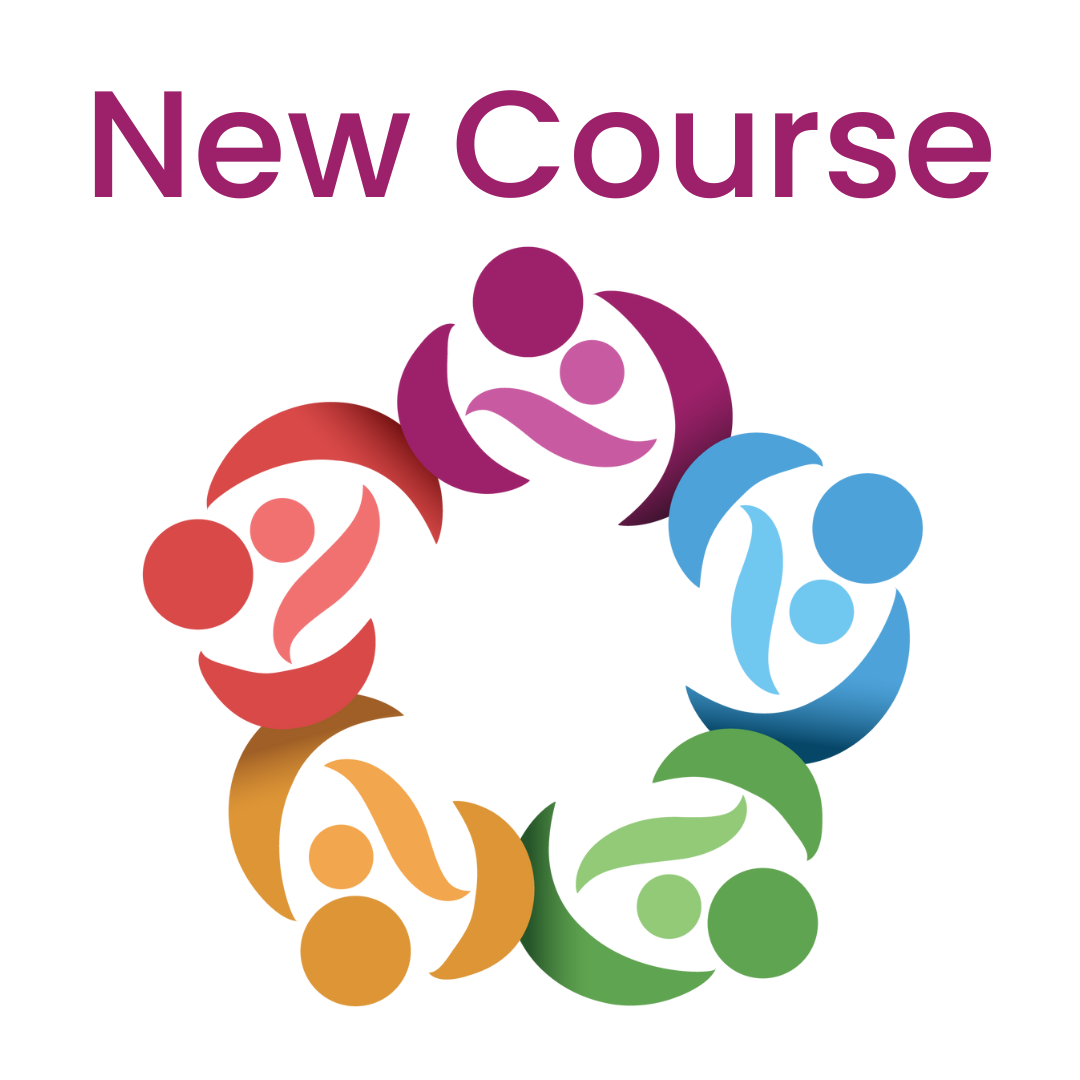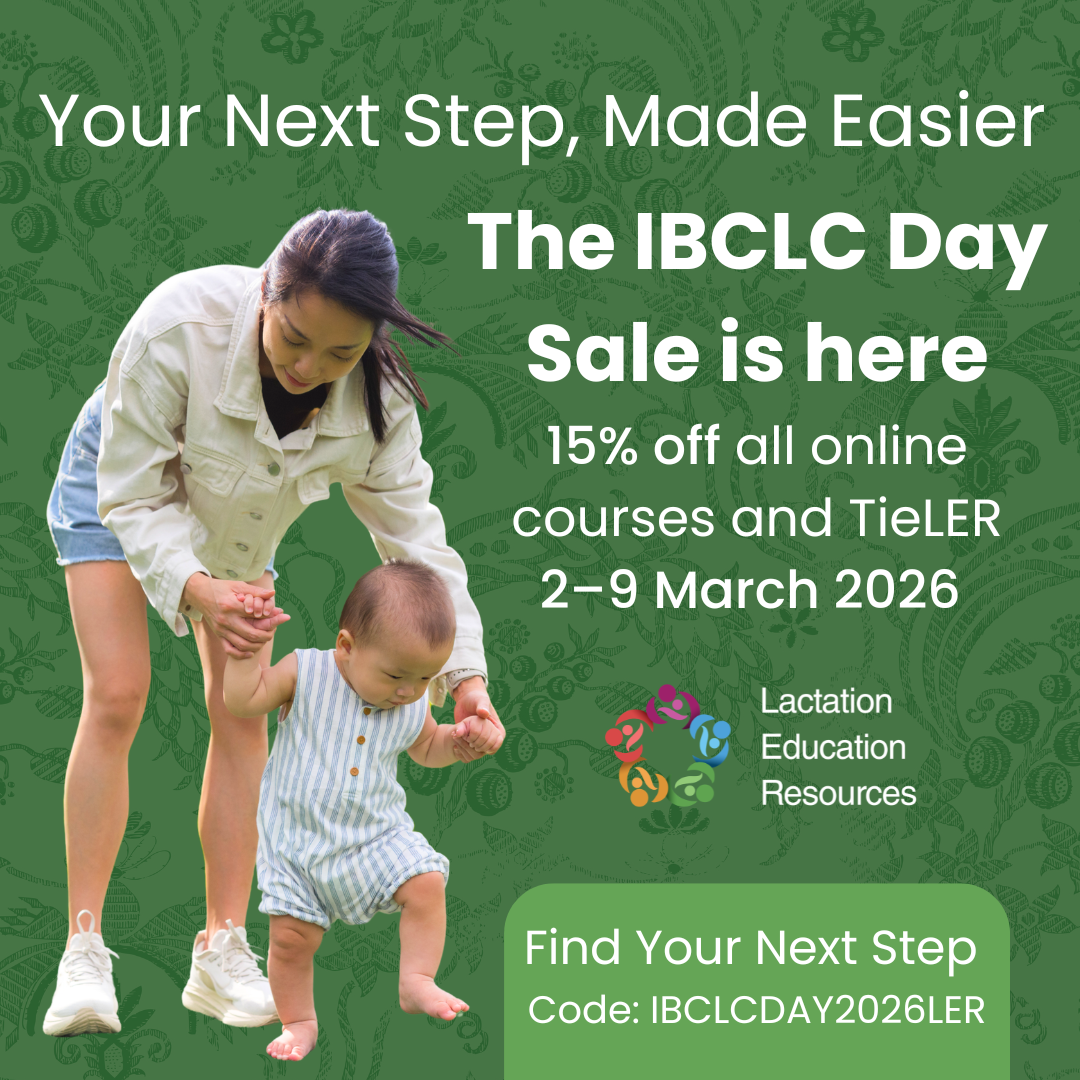Evidence in Action: What's New in Lactation 2025
Integrate the most recent lactation research into your clinical work and advocacy efforts—without spending hours reading journal articles yourself.
This course covers all seven IBLCE Detailed Content Outline (DCO) areas with evidence-based findings that will enhance your practice. Here is just a taste of the break-through research you’ll explore in each area:
Development and Nutrition. Food allergies, how maternal factors influence milk composition
Physiology of Lactation. Multiples, lactation's effect on menopause timing
Pathology. Autism feeding behaviors, childhood cancer protection, D-MER, mastitis and donor milk, gestational weight gain and supply
Clinical Skills. New flange fit research, communication technology
Ethical and Legal Issues. Research design, professional conduct, advocacy strategies
Public Health and Advocacy. WHO Code, emergency feeding protocols, cultural awareness for immigrant and indigenous populations, safe sleep, cannabis effects
This course transforms complex research into practical knowledge you can immediately apply with families, while highlighting key advocacy opportunities that can impact your community and beyond.
Meet Your Instructor
Julie Grimes has been supporting lactation since 2009, first as a La Leche League leader and now as an IBCLC. Working at LER since 2016, Julie spends her days reading journal articles so you don't have to—making her uniquely qualified to translate the latest research into practical applications for lactation professionals.
Accreditation Recognition:
This course awards:
- 2.0 Nursing Contact Hours (through July 17, 2028)
- 2.0 L-CERPs (through February 11, 2028)
Lactation Education Resources has been accepted by the International Board of Lactation Consultant Examiners® (IBLCE®) as a Preferred Provider for the listed Continuing Education Recognition Points (CERPs) programme. Determination of CERPs eligibility or CERPs Provider status does not imply IBLCE’s endorsement or assessment of education quality. As a Preferred Provider, Lactation Education Resources attests that it complies with the WHO Code and subsequent WHA resolutions.
Price: $30.00



